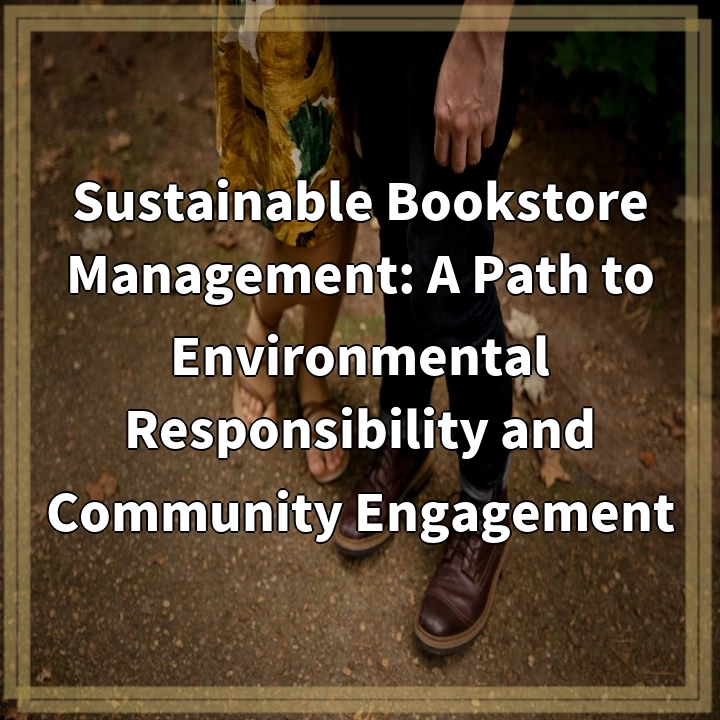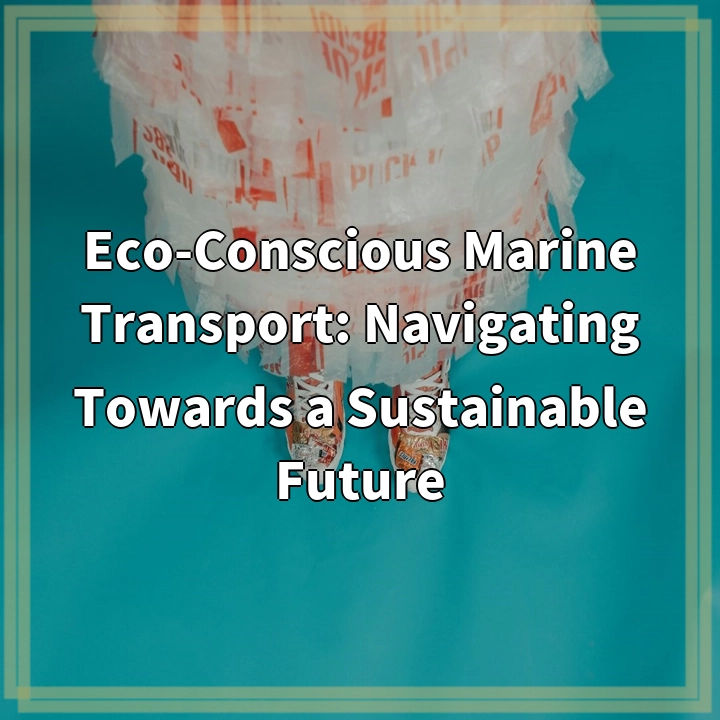
What is Sustainable Bookstore Management?
Sustainable bookstore management refers to the implementation of environmentally responsible practices and strategies in the operation and administration of bookstores. It involves adopting sustainable policies, reducing environmental impacts, promoting social responsibility, and engaging with the local community.
Real-World Problems Associated with Sustainable Bookstore Management
1. Paper Waste
Paper waste is a significant challenge for bookstores. According to the Environmental Paper Network, the global pulp and paper industry contributes to deforestation, water pollution, and greenhouse gas emissions. Bookstores need to address paper waste by implementing measures such as recycling programs, using eco-friendly paper products, and promoting digital reading options.
2. Plastic Packaging
Another problem is plastic packaging. Books often come wrapped in plastic, contributing to plastic pollution and waste. Sustainable bookstores can explore more eco-friendly packaging alternatives like using recycled or biodegradable materials. They can also encourage customers to bring their own bags or provide reusable shopping bags.
3. Energy Consumption
Bookstores consume a significant amount of energy for lighting, heating, and cooling. This can have a substantial environmental impact, particularly if inefficient systems are in place. Implementing energy-efficient practices, such as using LED lighting, optimizing HVAC systems, and utilizing natural light, can help reduce energy consumption and lower carbon emissions.
4. Waste Management
Proper waste management is essential for sustainable bookstore management. Bookstores generate various types of waste, including packaging materials, obsolete inventory, and office supplies. Implementing recycling programs, partnering with local recycling facilities, and donating or repurposing unsold books are effective strategies to minimize waste and promote a circular economy.
5. Community Engagement
Engaging with the local community is a key aspect of sustainable bookstore management. Bookstores can collaborate with local schools, libraries, and environmental organizations to promote literacy, host educational events, and raise awareness about sustainable reading habits. Building strong community relationships not only fosters support but also reinforces the importance of sustainability in the bookstore’s mission.
In conclusion, sustainable bookstore management involves implementing environmentally responsible practices while actively engaging with the community. By addressing real-world problems such as paper waste, plastic packaging, energy consumption, waste management, and community engagement, bookstores can play a vital role in promoting environmental responsibility and sustainable reading habits.

Solutions for Sustainable Bookstore Management
1. Paper Waste
Implementing recycling programs to minimize paper waste and ensure responsible disposal.
Using eco-friendly paper alternatives like recycled or sustainably sourced paper products.
Promoting digital reading options to reduce the need for physical copies.
2. Plastic Packaging
Switching to eco-friendly packaging alternatives, such as biodegradable or compostable materials.
Encouraging customers to bring their own bags or providing reusable shopping bags.
Minimizing packaging overall by adopting more minimalist packaging practices.
3. Energy Consumption
Installing energy-efficient lighting systems, such as LED bulbs, and optimizing their usage.
Utilizing natural light as much as possible to reduce reliance on artificial lighting.
Upgrading to energy-efficient heating, ventilation, and air conditioning (HVAC) systems.
4. Waste Management
Implementing comprehensive recycling programs for various types of waste materials.
Donating unsold books to local schools, libraries, or charitable organizations.
Repurposing materials where possible or exploring creative ways to reuse or upcycle items.
5. Community Engagement
Collaborating with local schools, libraries, and environmental organizations to host educational events and promote literacy.
Engaging with the community through social media, blogs, and newsletters to raise awareness about sustainable reading habits.
Creating partnerships with local authors or hosting book clubs focused on environmental topics.
By implementing these solutions, bookstores can contribute towards sustainable bookstore management, reducing environmental impact, fostering community engagement, and promoting a more environmentally responsible reading culture.















